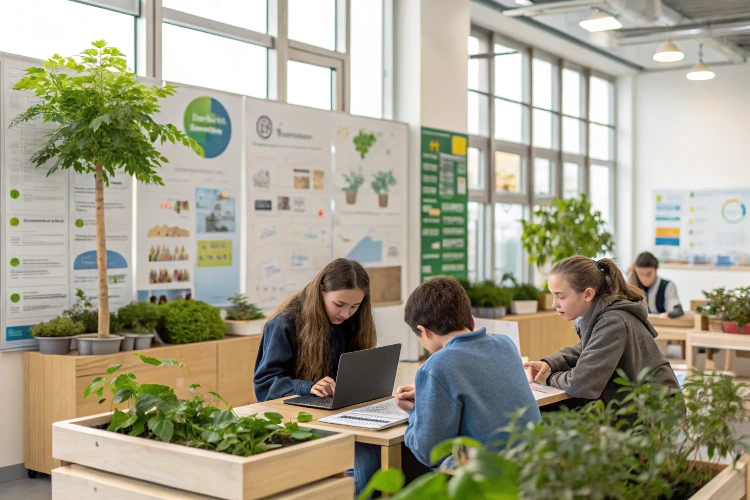Finland Updates National Curriculum to Emphasize Sustainability

Finland’s Ministry of Education has announced a sweeping update to its national curriculum, placing sustainability and climate literacy at the core of academic development from early childhood through secondary education. The reform reinforces Finland’s global reputation as a frontrunner in education and environmental stewardship.
Sustainability as a Foundational Competency
The new curriculum—set to roll out nationwide by August 2026—redefines sustainability not as a thematic subject, but as a cross-disciplinary competency integrated across all fields of study, including science, humanities, mathematics, and arts. Students will engage with real-world climate challenges, circular economy principles, biodiversity awareness, and systems thinking from a young age.
“Our objective is to prepare students not just for exams—but for the ecological realities of the 21st century,” said Anna-Maja Henriksson, Finland’s Minister of Education. “Sustainability is no longer a future topic—it is a present necessity.”
Curriculum Highlights
The updated framework introduces a holistic sustainability approach that includes:
-
Climate change education embedded in all science subjects
-
Project-based learning on renewable energy, waste reduction, and urban ecology
-
Behavioral economics and environmental policy modules in social sciences
-
Sustainable design and life-cycle thinking in vocational and technical tracks
-
Mandatory green entrepreneurship training at the upper secondary level
Digital tools and interactive simulations will be used to enhance student engagement and promote data-driven climate literacy.
Educator Training and Infrastructure Support
To support the transition, Finland is investing in teacher upskilling programs, new sustainability-focused teaching materials, and school-level green audits. The government will also provide grants for schools to implement:
-
Eco-campus practices like solar panels, composting, and energy monitoring
-
Community gardens and climate labs to promote local action
-
International sustainability exchange programs with Nordic and EU partners
This mirrors Finland’s broader policy commitment to achieve carbon neutrality by 2035 and foster a civic-minded, ecologically literate generation.
A Model for Global Education Reform
Finland’s curriculum overhaul is being closely watched by international education ministries, think tanks, and multilateral organizations. It aligns with UNESCO’s Education for Sustainable Development (ESD) goals and is expected to serve as a benchmark for integrating sustainability into mainstream pedagogy.
Already ranked among the world’s top education systems, Finland’s move signals that academic excellence and environmental ethics can—and must—go hand in hand.
